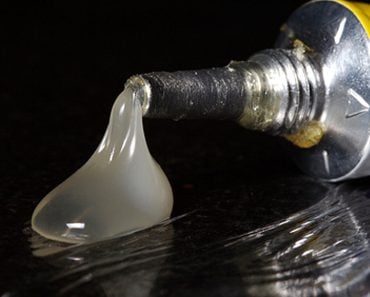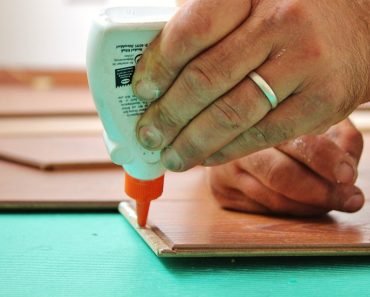Table of Contents (click to expand)
Both ‘duct tape’ and ‘duck tape’ are correct, but ‘duct tape’ is more widely accepted.
Although people have taken to calling it ‘duct tape’, which is also considered correct, when it was first invented and used on a large scale, it was widely known as ‘duck tape’. So, in a way, both terms are correct, but yes, ‘duct tape’ is the more widely accepted appellation.
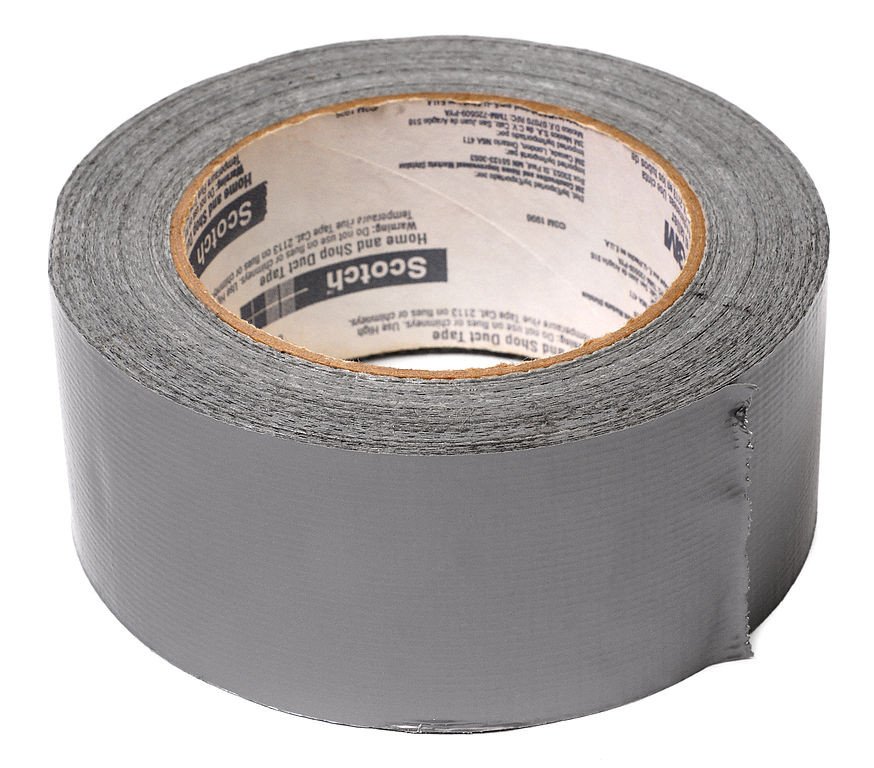
Engaged in a conversation with friends about movies the other day, I came across a rather interesting debate. One of the guys, while talking about a particular movie, referenced duct tape. A girl in the group casually pointed out that the word was ‘duck tape’ and not ‘duct tape’. Another friend took opposition to this, and apparently believed that ‘duct tape’ was actually the right word.
Soon enough, the original discussion about the movie was flushed down the toilet and the entire group was divided into two sides: one believing that the word was pronounced ‘duct’ tape (I was a member of this side), while the other insisted that it was, in fact, ‘duck’ tape.
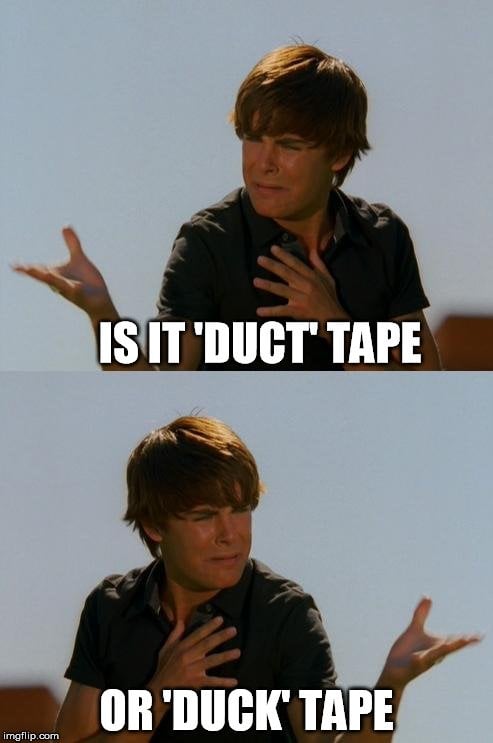
This article is a direct upshot of that debate.
Recommended Video for you:
The Story Of ‘Duck’ Tape
“Duck” tape, like so many other things, has its origins in the Second World War.
An American woman named Vesta Stoudt, whose sons were fighting in the war, was working in a munitions plant in 1942 when she noticed a limitation in the ammo packaging. She found that the tabs the soldiers had to pull in order to open the boxes were so weak that they would often break, which made soldiers’ lives difficult in the middle of the battlefield.

She wrote a letter to then President Roosevelt, who seemed to agree with her suggestions. Consequently, he contacted the War Production Board, and within a few weeks, Johnson and Johnson’s Permacel division began developing an alternative to the flimsy box tape that was in use at the time.
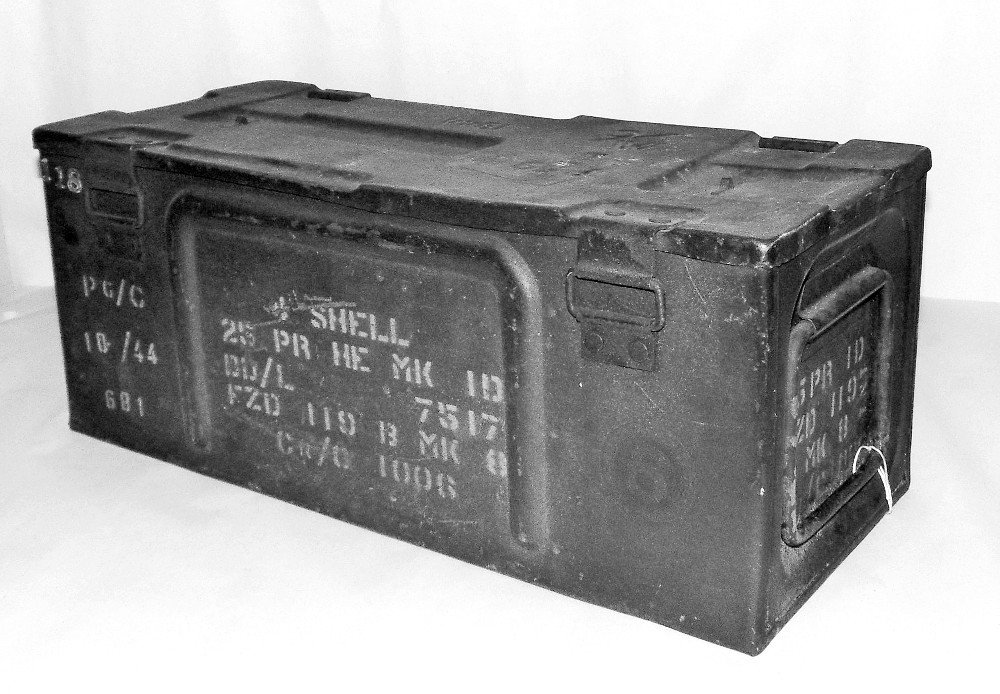
As a result of this episode, a new form of tape, which was both strong and waterproof, was put in circulation. Because it was mostly used in the army, the tape was colored green. This tape not only held things together very strongly, but also kept moisture out of ammunition cases. Defense personnel began calling it ‘duck’ tape because…
a) The tape was green and forced moisture to flee like “water off a duck’s back.”
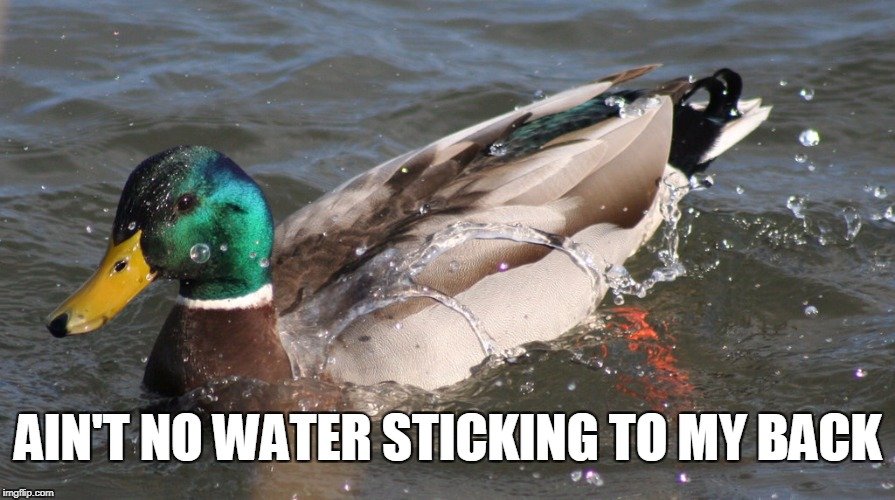
b) Some people said that the tape resembled strips of cotton duck.
Army personnel also began to notice that duck tape not only sealed their munitions boxes tightly and kept them free of moisture, but also held things together and could therefore be used to repair stuff. In fact, duck tape was even being used to close up wounds during emergencies!
A Transformation To ‘Duct’ Tape
After the war ended, troops returned to their homes with their beloved duck tape in hand. It so happened that, shortly after the war, the housing market saw an upswing. Some smart guy then got the idea that the same war-tested duck tape could also be used to connect heating and air conditioning ducts in the new homes that were rapidly being erected all over the nation.
In a bid to ensure that the color of the duck tape matched that of the ducts on which it was being used, manufacturers switched its color from ‘army green’ to silver (which is the primary color of most ducts). Hence, duck tape began being recognized as the tape that connected and sealed ducts, and therefore its new name gained popularity, i.e., ‘duct’ tape.
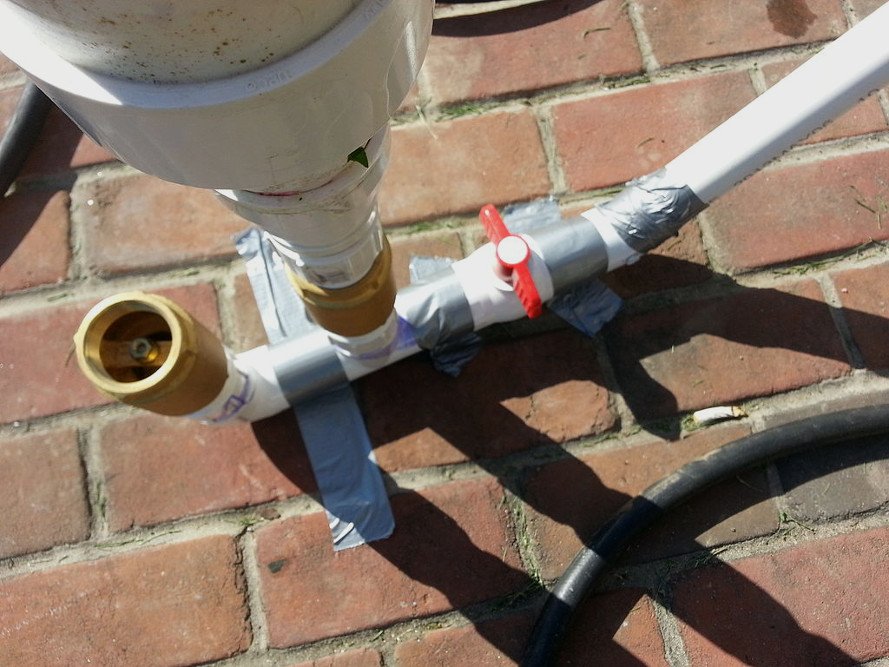
Quite ironically, however, according to Max Sherman and Iain Walker – researchers at the Department of Energy’s Lawrence Berkeley National Laboratory, duct tape should NOT be used to seal ducts, at least not as a long-term solution. They conducted numerous tests and concluded that duct tape becomes brittle and falls off quickly under typical ‘duct’ conditions. They can even catch fire and produce toxic smoke!
As for the question of ‘duck’ vs ‘duct’, the former has the upper hand chronologically; but in the modern context, ‘duct’ tape is correct.
References (click to expand)
- duck tape | Common Errors in English Usage and More. Washington State University
- Sealing HVAC Ducts: Use Anything But Duct Tape. Lawrence Berkeley National Laboratory
- Duct tape uses no one ever thought of. Michigan Technological University
- Duct Tape Auto Repair on the Moon. The National Air and Space Museum of the Smithsonian Institution


